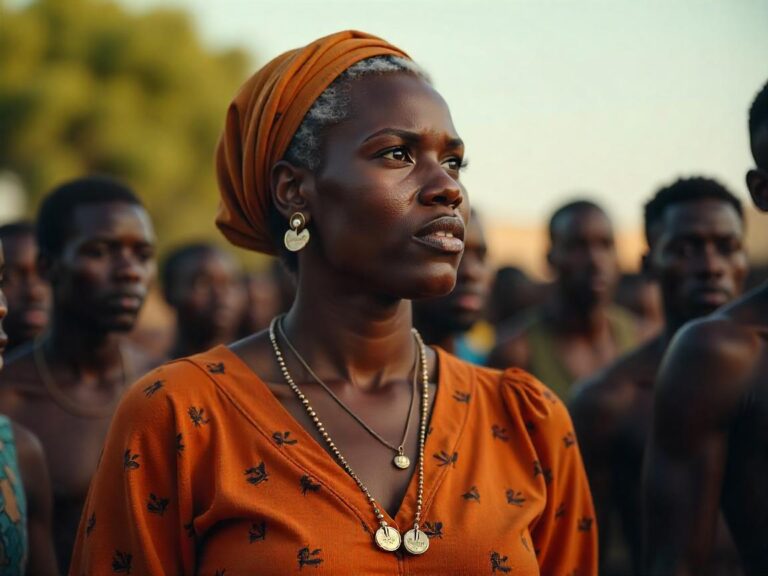Reflecting on Human Rights Day: Are We Truly Honouring Our History
As I sit in reflection today the last day of this month of March, I find myself thinking back
to Human Rights Day on the 21st. The day has passed, yet the emotions it stirs within
me remain anger, sadness and a deep sense of responsibility.
Growing up in the Vaal, I was raised on the stories of Sharpeville, stories told by my
great-grandfather with a heavy heart. He spoke of the anguish and terror of that day in
1960, when police opened fire on peaceful protesters fighting against the oppressive
pass laws. The Sharpeville Massacre was not just an event, it was a moment of
sacrifice, a pivotal point in our history that shaped the freedoms we now have.
Yet, as I look around, I wonder: Are we truly honouring those who died for this freedom?
I see music festivals and celebrations on Human Rights Day, and I can’t help but feel
we are losing sight of its true meaning. Have we turned remembrance into
entertainment? Shouldn’t this day be a time of education, of deep reflection not just
during March but throughout the year?
How Should Human Rights Day Be Remembered?
We need to move beyond surface-level commemoration and take real action to honour
the legacy of those who died in Sharpeville. More than 69 people lost their lives that
day, and yet, how many of their names do we even know? Their children, grandchildren
and great-grandchildren deserve more.
I think media platforms should dedicate time to sharing real stories from survivors and
their families.
As Tsoana Nhlapo, CEO of the Sharpeville Foundation puts it.
“It is our collective responsibility to reveal the true nature of the brutal apartheid. If we
keep dancing on sacred days like these, we rob the youth of South Africa across all
races an opportunity to heal, and if they don’t heal completely, they will repeat the mistakes
of the past, like we did Marikana, 21st March is Sharpeville-Langa Massacre Day and not
Human Rights Day”

